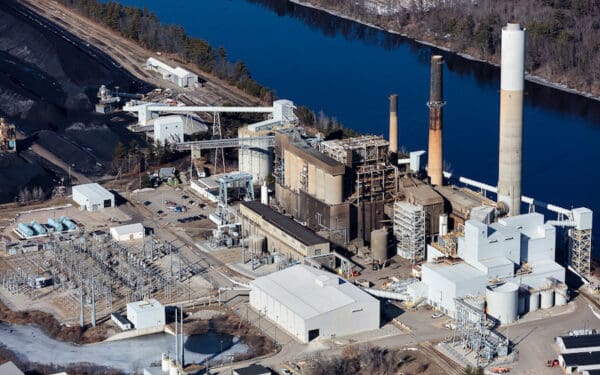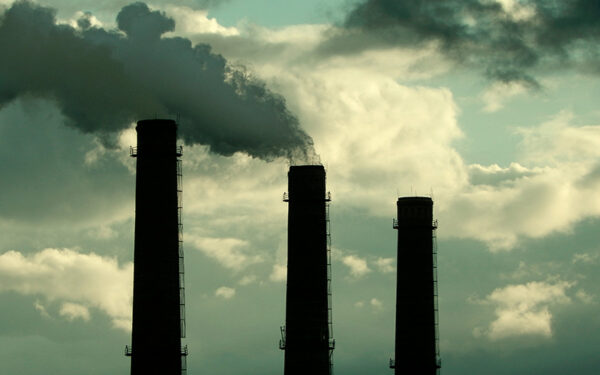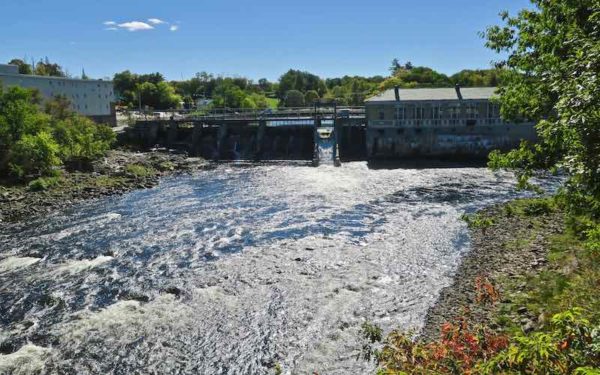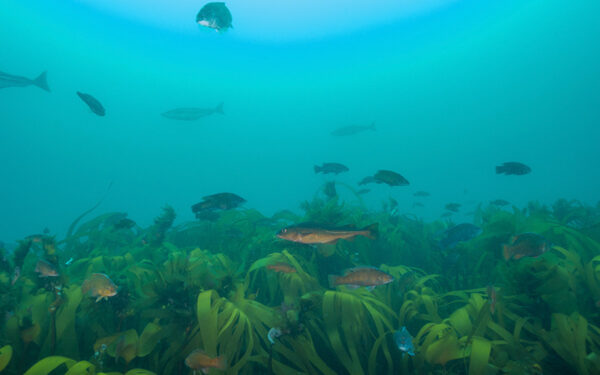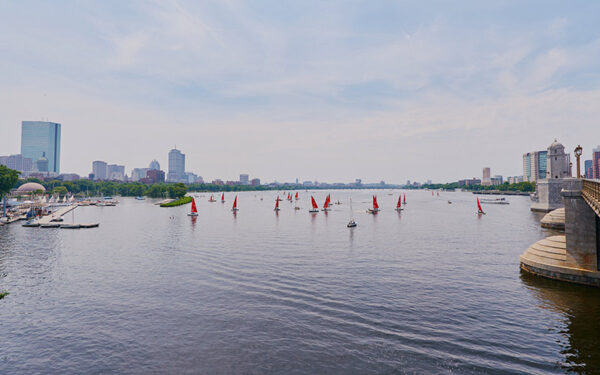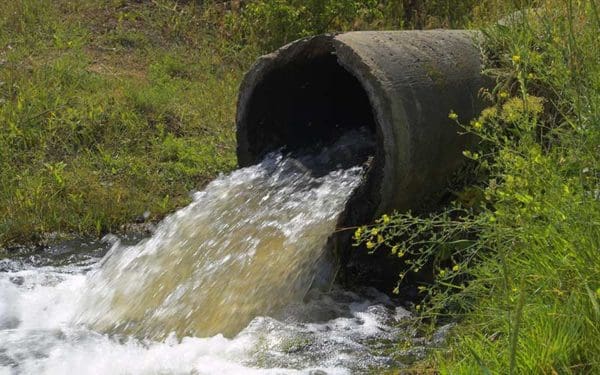Apr 08, 2025
In the 1970s, Philip J. Landrigan conducted groundbreaking work linking lead in gasoline and paint to a lowered IQ in children exposed to it. Now he’s sounding the alarm about the pesticides and plastics in our lives that are also compromising the health of both children and adults.
Apr 07, 2025
Learn some of the most impactful activities you can do this Earth Day.
Apr 03, 2025
Gas companies’ leaking pipes are driving up your utility bill
Mar 28, 2025
The Schiller and Merrimack power plants are New England’s last two coal-fired behemoths. During their operating lives, the two relics pumped out deadly soot and climate-damaging carbon pollution. Now, thanks to a CLF campaign, they’re set to close.
Mar 27, 2025
CLF is advocating for bills that promote environmental justice and reduce inequity across New England
Mar 27, 2025
The Kennebec River is emblematic of the damage dams can do to healthy rivers. For decades, dams blocked fish passage in Maine, causing a series of cascading problems. That’s why CLF has worked hard to remove dams that are harming people, communities, and wildlife.
Mar 25, 2025
Neonicotinoids are killing off vulnerable pollinators, polluting the environment, and harming human beings.
Mar 10, 2025
The Trump administration has taken aim at NOAA and the EPA. We’re ready to fight back.
Mar 06, 2025
The Trump administration could try to halt the EPA’s work to protect New England’s waters, but CLF will be ready to fight back.
Mar 05, 2025
This Supreme Court has taken away an important tool used by federal and especially state agencies for decades to keep our waters safe from toxic pollution.




